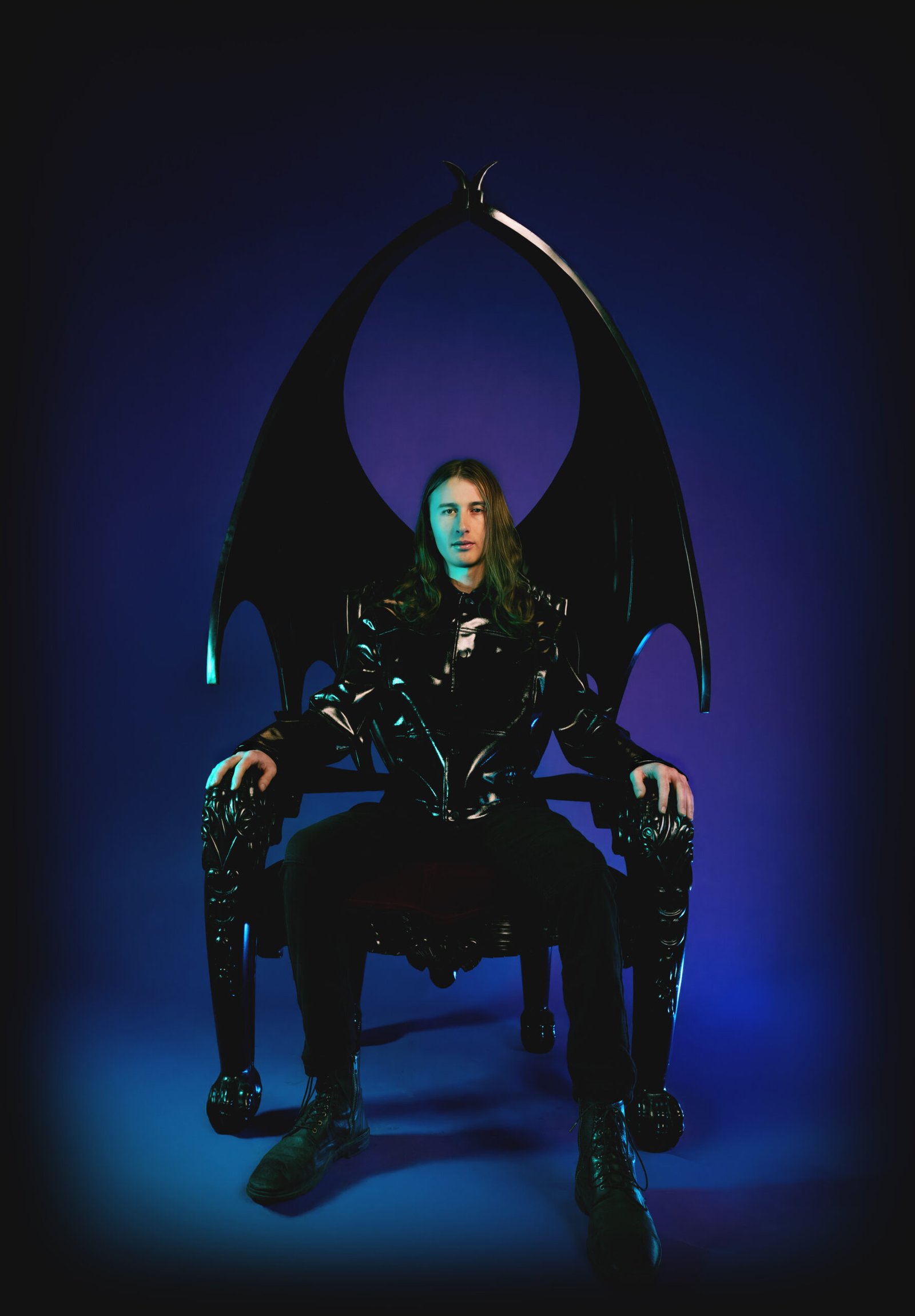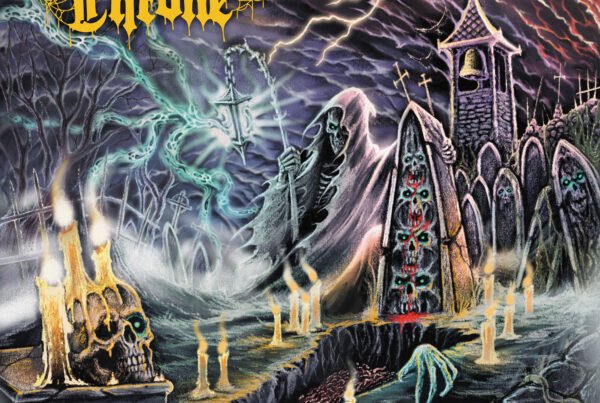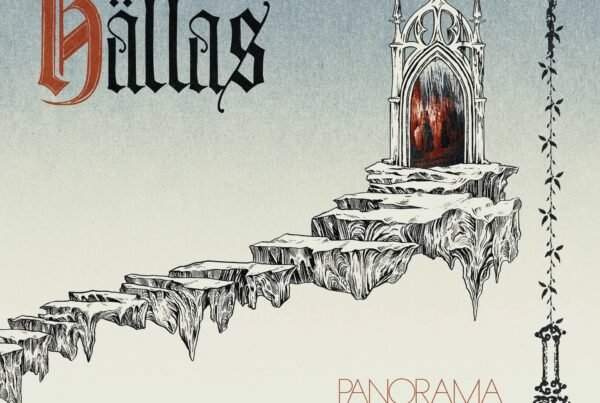Keys to the Palace is a decade in the making, with Dessiderium forging extreme metal and progressive rock into a compositional catharsis.
Release date: March 14, 2025 | Willowtip Records | Facebook | Bandcamp | Pre-Order
I’ve always been drawn to musicians who evolve. If I want a record that sounds like an artist’s old material, I listen to their old material. What first drew me to Dessiderium in 2021 was sole member Alex Haddad’s commitment to evolution. I have had the privilege of following this adaptive creative journey with my review of 2021’s Aria and a Weekly Featured Artist article. Now, with a new label, Willowtip Records, and a new record, Keys to the Palace, Haddad (Arkaik, Atheist) is taking the next step in his musical development. With Keys to the Palace, he closes a five-year arc from 2020’s Shadow Burn and 2021’s Aria to now that has carried listeners through despair, loss, and reflection, ultimately arriving at something resembling triumph while crafting his most melodic, progressive record.
Unlike its predecessors, Shadow Burn and Aria, which were both steeped in grief and existential wandering, Keys to the Palace aims for catharsis. But the new record doesn’t start there – it revels in a cacophonous squall of horns and strings that is alarming, even for a metal record. Opener “In The Midst of May” contrasts harp-like arpeggios against black metal screeches before moving into more classic prog rock clean vocals that, perhaps, speak to inspirations from Opeth and Devin Townsend. Haddad describes the album as a culmination of over ten years of writing, predating his previous two records. This fact is surprising, given the melodic departures this record takes from the blackened death metal roots of prior material. Haddad’s singing is more present than ever, juxtaposing his extreme vocals in the same way he pairs blast beats with uplifting orchestral moments.
More than a mere collection of songs, Keys to the Palace represents the resolution of a personal and creative journey. Where Shadow Burn is raw, chaotic, and emotionally unfiltered, and Aria is an expansive dreamscape of longing and isolation, Keys to the Palace introduces a sense of forward momentum. The record explores contrasts—past and future, innocence and disillusionment, faith and despair—ultimately pushing toward something more resolute. “Dover Hendrix”, the record’s bold and towering first single, exemplifies this momentum. A Mark Holcomb-esque chordal sequence erupts into blackened blasts before moving into guitar heroics that I suspect are homages to the song and artist that give the track its title. But, of course, at nearly ten-and-a-half minutes, this song covers a vast amount of sonic territory without even mentioning the album’s five remaining pieces and hour-plus run-time.
Musically, Keys to the Palace continues Dessiderium‘s intricate fusion of black and death metal, atmospheric layers, and lush string arrangements but moves into more optimistic and melodic territory than ever before. However, its composition has a newfound clarity. The album’s arrangements are ambitious in their construction, balancing technicality with grand, cinematic scope. With six songs spanning over an hour, this is immediately evident. Still, with its towering sixteen-minute run time, the closer and title track could not be a more definitive statement of this growth. Choral vocals underpin guitar melodies that move into dreamy, everchanging arpeggiated sequences, eventually even briefly evoking the mathy emo-prog of Fall of Troy.
As with any solo project, the depth of emotion poured into Dessiderium is undeniable. Haddad has long described the project as a personal musical diary unrestricted by genre or expectation. With Keys to the Palace, he revisits the ideas that shaped his twenties and reshapes them with the insight of an artist who has grown alongside his music. It’s a rare and compelling thing to witness: an artist giving closure to a significant chapter of their life while inviting listeners to experience that journey alongside them. While his singing vocals, with their operatic tendencies, may be an adjustment for previous fans of more extreme performances, Haddad’s ever-expanding sonic and vocal palette will appeal to those interested in genuinely epic, progressive, and experimental music.






